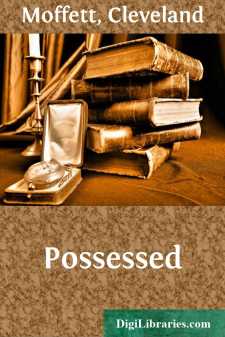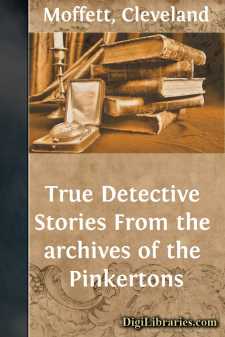Categories
- Antiques & Collectibles 13
- Architecture 36
- Art 48
- Bibles 22
- Biography & Autobiography 813
- Body, Mind & Spirit 142
- Business & Economics 28
- Children's Books 15
- Children's Fiction 12
- Computers 4
- Cooking 94
- Crafts & Hobbies 4
- Drama 346
- Education 46
- Family & Relationships 57
- Fiction 11828
- Games 19
- Gardening 17
- Health & Fitness 34
- History 1377
- House & Home 1
- Humor 147
- Juvenile Fiction 1873
- Juvenile Nonfiction 202
- Language Arts & Disciplines 88
- Law 16
- Literary Collections 686
- Literary Criticism 179
- Mathematics 13
- Medical 41
- Music 40
- Nature 179
- Non-Classifiable 1768
- Performing Arts 7
- Periodicals 1453
- Philosophy 64
- Photography 2
- Poetry 896
- Political Science 203
- Psychology 42
- Reference 154
- Religion 513
- Science 126
- Self-Help 84
- Social Science 81
- Sports & Recreation 34
- Study Aids 3
- Technology & Engineering 59
- Transportation 23
- Travel 463
- True Crime 29
Through the Wall
Categories:
Description:
Excerpt
CHAPTER I
A BLOOD-RED SKY
It is worthy of note that the most remarkable criminal case in which the famous French detective, Paul Coquenil, was ever engaged, a case of more baffling mystery than the Palais Royal diamond robbery and of far greater peril to him than the Marseilles trunk drama—in short, a case that ranks with the most important ones of modern police history—would never have been undertaken by Coquenil (and in that event might never have been solved) but for the extraordinary faith this man had in certain strange intuitions or forms of half knowledge that came to him at critical moments of his life, bringing marvelous guidance. Who but one possessed of such faith would have given up fortune, high position, the reward of a whole career, simply because a girl whom he did not know spoke some chance words that neither he nor she understood. Yet that is exactly what Coquenil did.
It was late in the afternoon of a hot July day, the hottest day Paris had known that year (1907) and M. Coquenil, followed by a splendid white-and-brown shepherd dog, was walking down the Rue de la Cité, past the somber mass of the city hospital. Before reaching the Place Notre-Dame he stopped twice, once at a flower market that offered the grateful shade of its gnarled polenia trees just beyond the Conciergerie prison, and once under the heavy archway of the Prefecture de Police. At the flower market he bought a white carnation from a woman in green apron and wooden shoes, who looked in awe at his pale, grave face, and thrilled when he gave her a smile and friendly word. She wondered if it was true, as people said, that M. Coquenil always wore glasses with a slightly bluish tint so that no one could see his eyes.
The detective walked on, busy with pleasant thoughts. This was the hour of his triumph and justification, this made up for the cruel blow that had fallen two years before and resulted, no one understood why, in his leaving the Paris detective force at the very moment of his glory, when the whole city was praising him for the St. Germain investigation. Beau Cocono! That was the name they had given him; he could hear the night crowds shouting it in a silly couplet: Il nous faut-o
Beau Cocono-o!
And then what a change within a week! What bitterness and humiliation! M. Paul Coquenil, after scores of brilliant successes, had withdrawn from the police force for personal reasons, said the newspapers. His health was affected, some declared; he had laid by a tidy fortune and wished to enjoy it, thought others; but many shook their heads mysteriously and whispered that there was something queer in all this. Coquenil himself said nothing.
But now facts would speak for him more eloquently than any words; now, within twenty-four hours, it would be announced that he had been chosen, on the recommendation of the Paris police department, to organize the detective service of a foreign capital, with a life position at the head of this service and a much larger salary than he had ever received, a larger salary, in fact, than Paris paid to its own chief of police....




